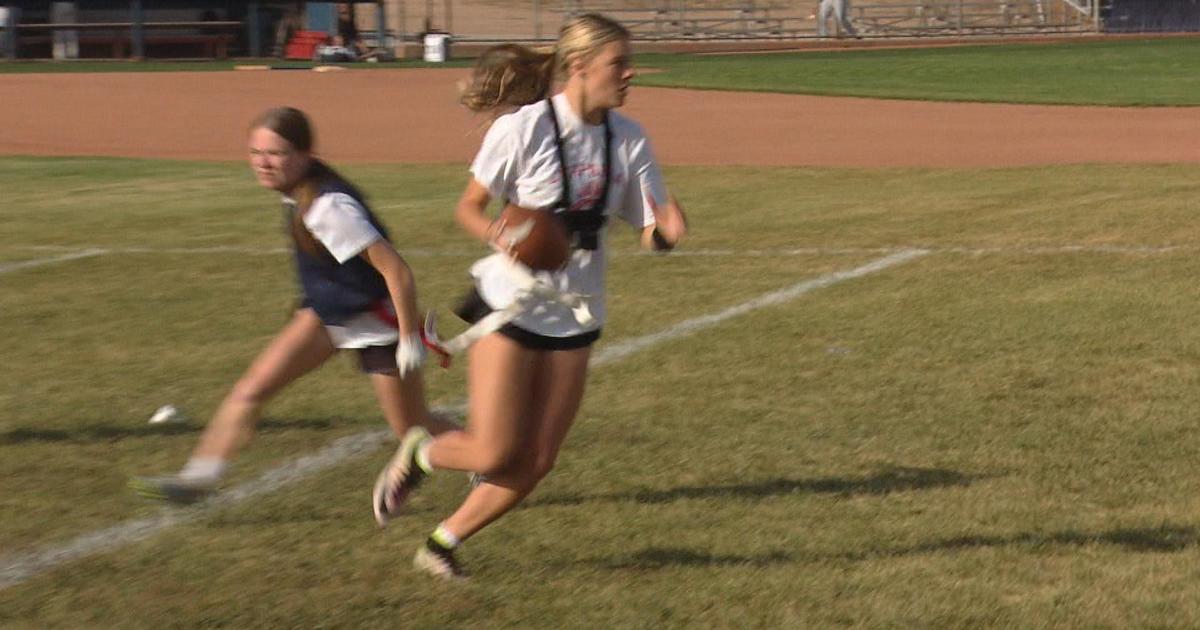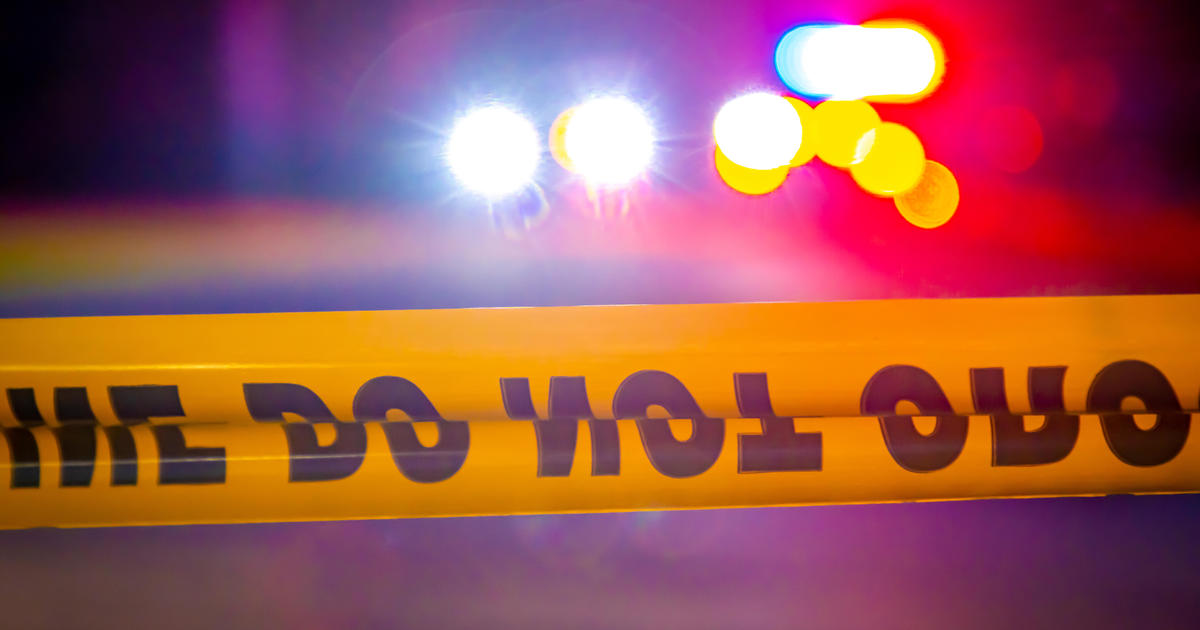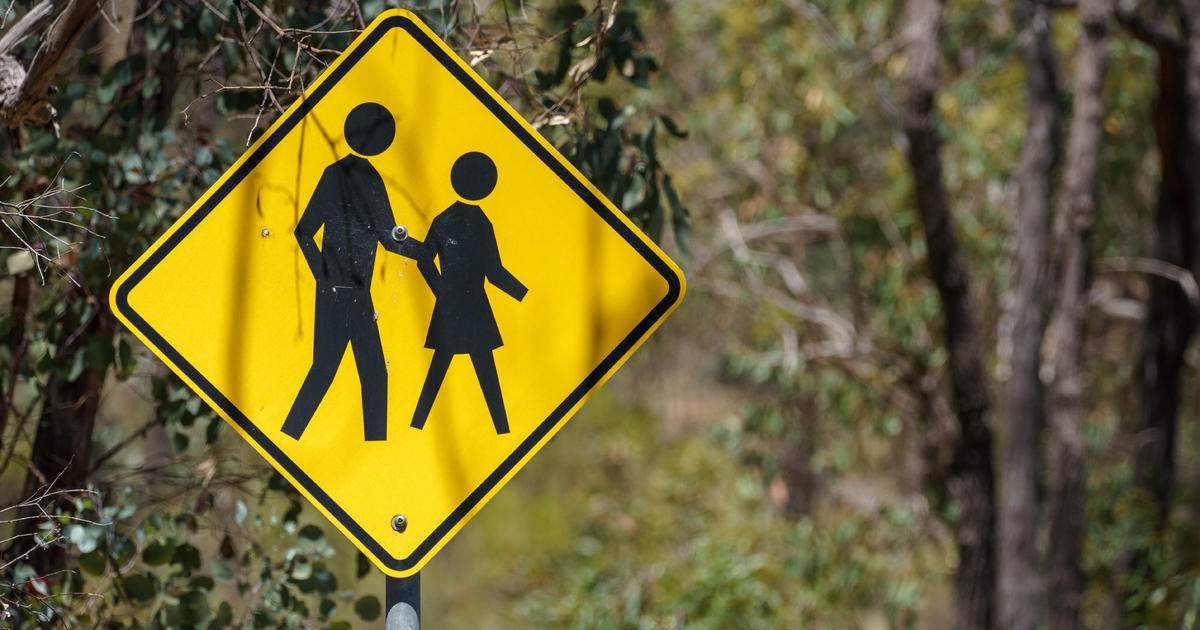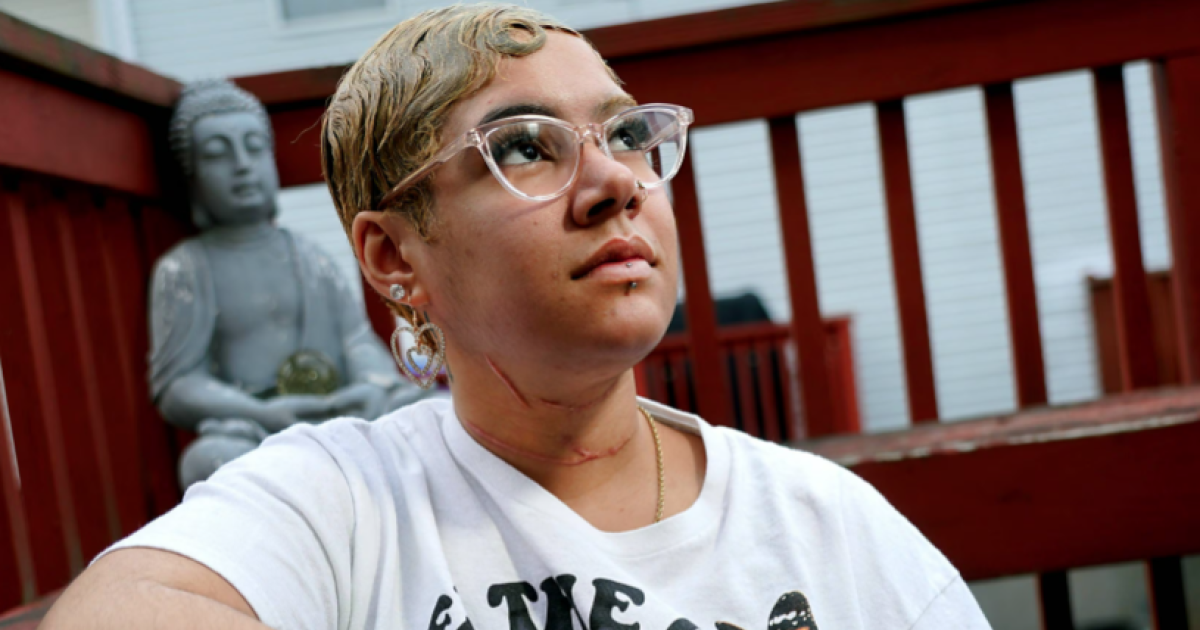Closing Arguments Set For Monday In Goodson Trial
BALTIMORE (AP) — A cloud of tension and mistrust between Baltimore prosecutors and the city's police department is hanging over the high-profile trial of an officer charged with murder in the death of a black prisoner whose neck was broken in a police transport van.
Testimony in the case ended Friday, though the biggest surprise in Officer Caesar Goodson's trial came a day earlier. That's when a high-ranking prosecutor said he tried to have the lead police detective removed from the case against six officers last year, because he believed she was "sabotaging the investigation." It was just the opening salvo in an unusual expression of rancor between police and prosecutors in the trial over Freddie Gray's death.
RELATED: Conflicting Testimony Fills Baltimore Officer's Trial
Detective Dawnyell Taylor went on to say she had problems with the integrity of Janice Bledsoe, a prosecutor in the case. Chief Deputy State's Attorney Michael Schatzow countered that Bledsoe questioned Taylor's integrity, as well. He suggested Taylor falsified notes about what a medical examiner initially believed was the cause of death. The detective's notes indicate the medical examiner initially considered it an accident, but she later ruled Gray's death a homicide. Schatzow suggested in court Dr. Carol Allan had been pressured by police to rule his death an accident.
"It really underscores the distrust between the state's attorney's office and the police department and probably undermines the investigation and prosecution of the six officers," said Warren Alperstein, a Baltimore attorney who is uninvolved in the case but has observed nearly all the legal proceedings.
The accusations were triggered by the judge's finding that prosecutors violated discovery rules — for the second time in the trial — by not turning over Taylor's notes about discussions with Allan. That paved the way for defense attorneys to call Taylor to the stand.
The resulting eruption, Thursday, still loomed over the trial a day later.
"I think an important part of the story, to be honest, is not simply whether or not ultimately the prosecution is going to get a conviction here but, in a larger sense, what kinds of evidence came out about both prosecutorial conduct and police conduct that raise sort of significant challenges for us as a society and for politicians and policy makers in general," said David Jaros, a law professor at the University of Baltimore School of Law.
RELATED: LIVE BLOG: Closing Aruments Set For Monday In Goodson Trial
Jaros said case is raising questions about how to best regulate police conduct.
He noted that there's an ongoing fight in Baltimore about whether civilian review boards will be allowed to investigate police and he added, "if we're not going to do this through the criminal justice system, we have to create the mechanism somewhere else for making sure that the community feels safe and that police officers can be disciplined without recourse to the criminal justice system."
Prosecutors have yet to win a conviction in Gray's April 2015 death, which sparked Baltimore's worst civil unrest in decades.
Goodson, 46, is the third officer to go on trial. He was the van's driver, and faces the most serious charge of second-degree "depraved heart" murder. He also is charged with manslaughter, assault, misconduct in office and reckless endangerment. Closing arguments are scheduled Monday.
Goodson, who is black, declined to testify in his own defense. He was the only officer who didn't make a statement to investigators.
Prosecutors contend Gray was given a "rough ride," causing the injuries from which he died a week later. But Stanford Franklin, an expert on police training and practices, could not say for sure whether he believed there was evidence supporting a rough ride.
On Thursday, the judge rejected a defense motion to acquit Goodson after prosecutors rested their case. However, he said the second-degree "depraved heart" murder charged was "a closer call" than the others, indicating he gave some thought to dismissing that charge — even when considering it in the light most favorable to the prosecution at that point in the trial.
"Even with that low threshold for the state, he wasn't sure that they'd gotten over it, but he decided that they did," said Warren Brown, a Baltimore attorney who has been observing the trials. "But I think that that portends his decision at least on that murder charge for sure."
Copyright 2016 The Associated Press. All rights reserved. This material may not be published, broadcast, rewritten or redistributed.




